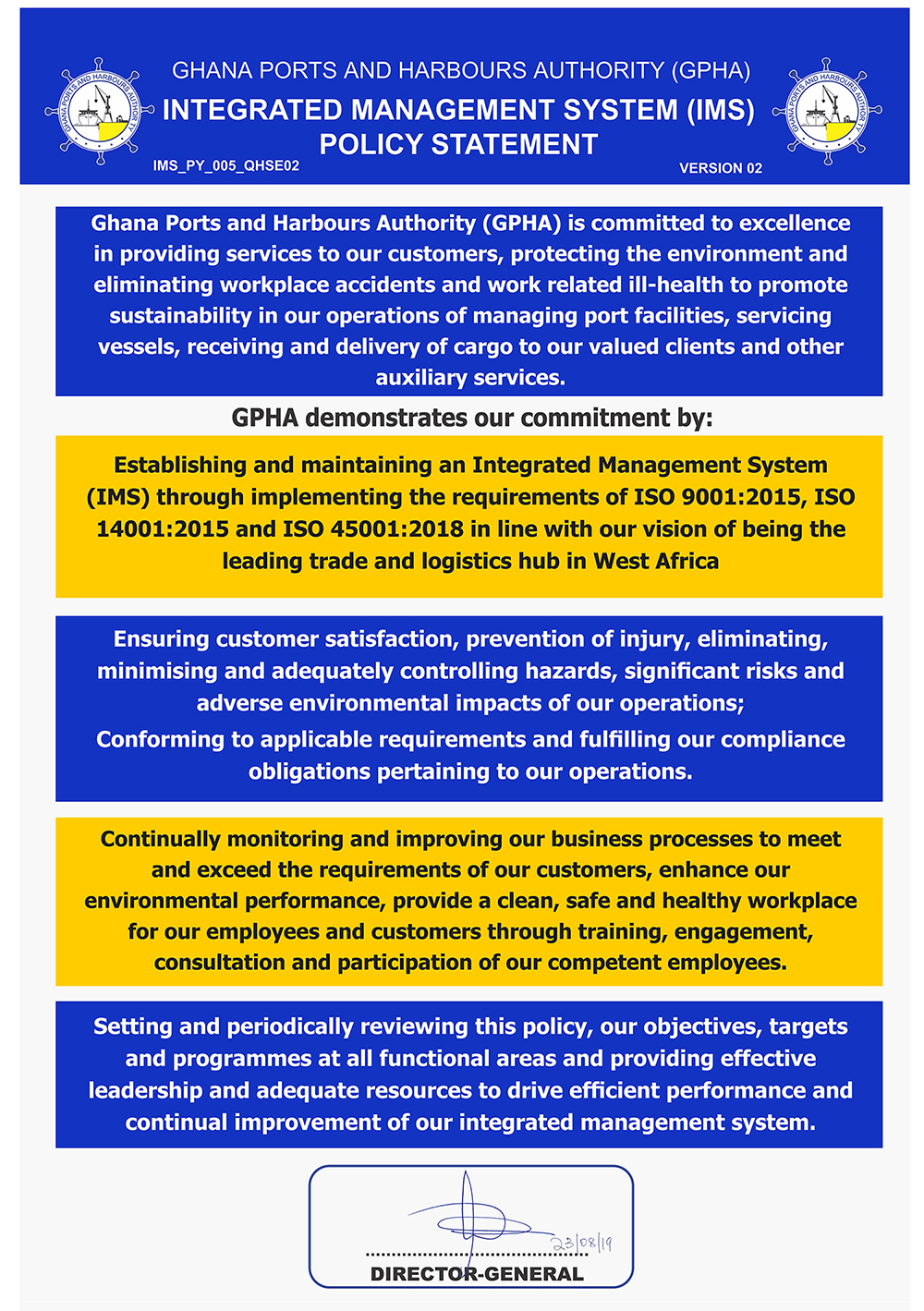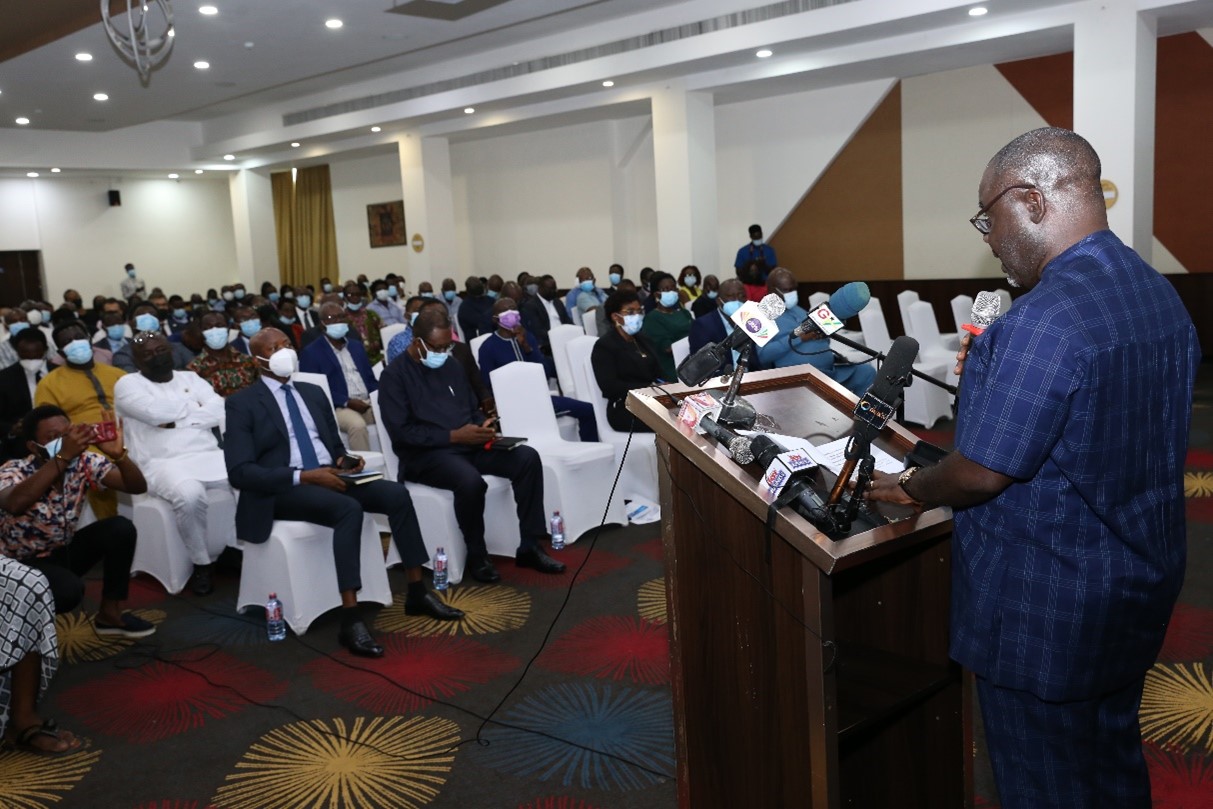

The Minister for Transport, Kweku Ofori Asiamah, has revealed that findings of the feasibility studies conducted for the development of the Keta Port, indicate that the Phase 1 of that project would cost around USD 600M.
The Minister disclosed this during a market sounding event on the Keta Port Project development in Accra. The event was also used to extensively engage stakeholders on the outcomes of the feasibility studies as well as draw feedback from them.
The Minister called on the private sector to partner government by bringing in the needed capital, expertise, and efficiencies for the delivery of the project.
Kweku Ofori Asiamah said, “a project of this nature is highly capital intensive and government on its own, may not be able to finance it all, hence the need for the involvement of the private sector. I am informed that some companies have already expressed some interest in participating in the port development. I therefore look forward to the other private sector interests in this project.”
Board Chairman of GPHA, Isaac Osei emphasized the importance of stakeholder involvement in the planning process of the Keta port project.
He said, “our plan is to ensure that no interest party or stakeholder is left out as we get into the subsequent phases of this project, hence our determination to ensure that your inputs are captured and incorporated into what we have.”
The Director General of the Authority, Michael Luguje, stated that the need for a third commercial port in Ghana has been necessitated by the growing demand for intra-regional trade.
The GPHA boss added that, “we have seen that it is a port that is feasible, viable and attractive. If you all go back into the history of many ports, including here in Ghana, you would realise that none of the ports were built on the basis of immediate first- and second-year high profitability. It is a very progressive journey towards building the port.”
During the presentation detailing the findings of the feasibility studies, Project Engineer at GPHA, Komla Ofori, indicated that the project was seen as viable for a potential commercial cargo port that can cater for containerized, bulk and oil & gas, as well as a shipyard facility.
He said following the feasibility studies will be a social and environmental impact assessment early next year. It is after this that the procurement process for investors would begin.